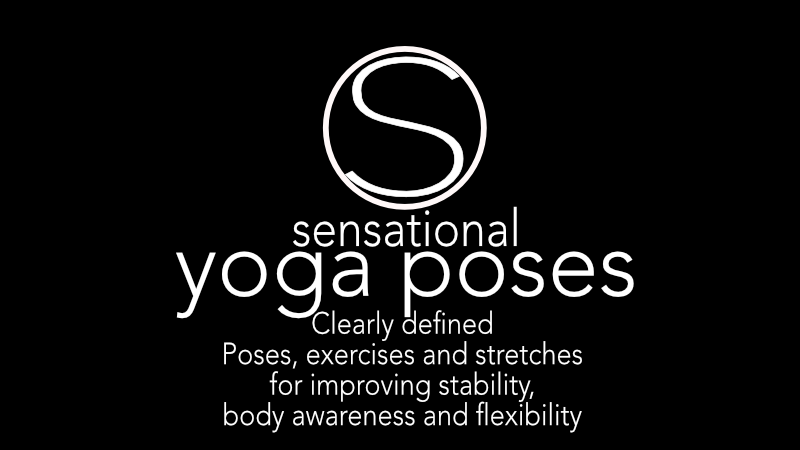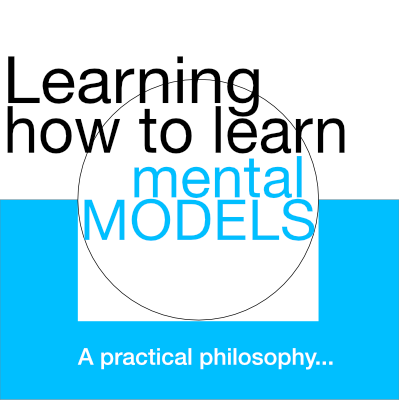The Master of a Household
Going out of context for a bit, one definition of master is someone who is a boss or owner of a household.
He or she tells their servants what to do and when to do it. A good master might be someone who clearly defines what he or she wants so that the servants clearly understand what is required. They can get on with doing it. A good master probably makes sure that his servants are well looked after. The better care is taken of them the better care they can take of the master.
Room to Move
Another concept (or even principle) that could be useful is "room to move."
In a household with servants, the servants use one set of stairs, the master another. Forgetting heirarchy and that one set of stairs is "nicer" than the other, what's important here is the idea that the servants don't get in the way of the master. But then nor does the master get in the way of the servants.
So they all have "room" to do what they have to do.
Clear Communications
Another important idea is that their may be a head servant who organizes all of the other servants and makes sure that they know what they have to do and when to do it.
The master communicates (clearly) with the head servant and the head servant tells the others what to do.
From master to head servant to servants, their are clear lines of communication.
Now imagine that the servants are willing servants, they choose to follow or work for the master because the master is a good boss. (He takes care of them.)
This may be the same sort of relationship a master of yoga has with their body. They give their body clear instructions. And the body is able to respond to those instructions.
And it may be that a good master is actually the master and the head servant both.
Mastery of Teaching
What might be an analogy for a master of teaching?
In mastery of the self, clear communications are required between master, head servant and servants. Between the mind and the body.
In mastery of teaching, clear communications are also required.
Imagine that the master of one house hold has to teach the master of another household how to run his or her house.
To do that he has to understand how his own house has run. But he or she also has to figure out a naming convention for the servants and the actions that they perform.
In this case it's important to understand that the names point to "servants" and their "actions" but they aren't the same as those things.
Names can be changed. What's important is that both parties understand how names are used and what those names point to.
I'd suggest in this case that the master of teaching is someone who can name things intelligently and also rename things (intelligently) when required, based both on the person (apprentice master) that he or she is teaching and also based on what is being taught.
Clearly Defined Servants and Actions
In order to teach someone it helps to have clear names but it also helps to have clearly defined things that the names point to.
By this I mean that if there are a bunch of servants standing around, rather than just calling them all servants, it might help if some are recognized as cooks, others as housekeepers, carpenters etc.
People who do the cooking are called cooks. People who are carpenters (and who can't cook) are called something else.
This may require further elaboration. In another context, taking apart a car engine with the intent of being able to put it back together again, you don't use a blow torch a chisel and a hammer. Instead you use wrenches, sockets etc. The "pieces" of an engine are obvious and easy to pick out even when you don't know what each bit does.
In the same way, when clearly defining things for teaching, it helps that what you are defining is "sensible" or "recognizable" even if the function of said thing or person has not yet been taught.
Later on, the function of said part can be learned and associated with that part.
With clearly defined servants and actions, the master can transmit those to the person who is learning.
Eventually when the student has learned all of the servants and actions, they dont' really need the names any more because they've learned the servants and actions that the names point to.
They can then work at mastering their self.
Dance of Shiva
How does all of this relate to Dance of Shiva? (This original questions about mastery was posed in a circle of dance of shiva teachers.)
It's a system that captures the essence of mastery.
Movements and positions (which could be equated or likened to servants and the tasks that they perform) are clearly defined. You can name them however you want but the point is that they are easy to discern.
More important than the actions and movements are what they represent. Clearly defined patterns. This is the beauty of the dance of shiva. It's the basis for universal yoga which is a free style of yoga that allows yoga practitioners to become their own masters.
If you understand shivanata you can use this understanding to become a master of anything else.
You can become your own teacher.
Dance of Shiva makes it easy to practice clearly defined actions. They are simple too, which is part of the beauty of this system.
Mini-Mastery
Going back to the two households. One master teachers another how to master his household. Once that other person, the "apprentice" has learned, he or she is then free to explore for themselves how to run their house. And they don't even have to wait until training is completed.
Each time they learn something new, they can explore what they've learned, play with variations so that they can understand it. They could then possibly teach that little that they've learned to someone else.
So lets return to the households again, but this time we'll define the situation slightly differently. Lets say there is a master of a household who has a really well run kitchen (but lacks in other areas.) Is he or she still a master? Of the kitchen, yes. And if he understands how his or her kitchen works, they can teach other how to do the same.
The idea here is that mastery, even if you only know a little bit, can be attained at any level of experience.
And the better you are at mastering small things, say the running of a kitchen, the more likely you are to be able to master the running of a whole house.
Principles of Mastery
Originally I suggested two contexts for mastery, mastery of self and mastery of teaching. But in both cases I used analogies of masters, servants and households.
At the center of both is the requirement for clear communications.
In one case the master is able to communicate with servants (and they give room for each other to get on with what they have to do) in the other he or she is able to communicate with an apprentice, someone who is on their way to becoming a master.
At the heart of communications is clear ideas or clearly defined names for "sensible" servants and their actions.
The two situations are actually the same. Or I should say, the same principles can be applied to both.
In a yoga context, someone who is a good yogi can become a good teacher if they learn to communicate with their students as well as they can communicate with the parts of their body.
And remembering the idea of room to move, they not only communicate clearly, they also give their students (who choose to work with said teacher because they want to, not because they have to) room to do what they have to do. Just like they give the parts of their body room to move when they are doing yoga.
And that's possible another way to look at mastery. Someone who has enough experience to know just how much room is enough room.
Mastery of Change
One other scenario should be brought to light.
For this I'll turn to learning to drive, or better yet, learning to ride a motorbike as an example since it requires even more skill.
Most of us learn in drive in a closed environment. We can work towards mastering control of the bike in relative safety. Only then do we see fit to try our skills on the road.
On the road things are different. Every situation is a little bit different and the driver learns to handle them all.
Whether working with one's self, or teaching others, situations, the environment, the mood, what's happening changes. And that may be the ultimate test of mastery. Can the master handle the change that is happening now. Can they respond to the way their body is today or the way their students are now.
I'd suggest that a master of self, and a master of teaching is someone who can do what they do well no matter what the circumstances.
Mastery and Principles.
What I've tried to do with this article is communicate to you what I believe is the essence of mastery. I could be completely (or partially) wrong. However, if I've communicated some of these ideas clearly enough and you've taken them in, you can then work at reshaping these ideas to suit your requirements.
I think that is the essence of "principles" that they can be used in applied in any situation. And that might be the simplest definition of a master. He or she understands basic principles that can be applied to learning or doing anything.
Published: 2012 12 01


